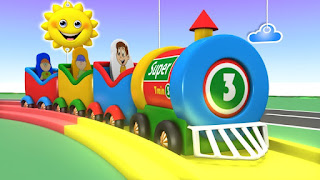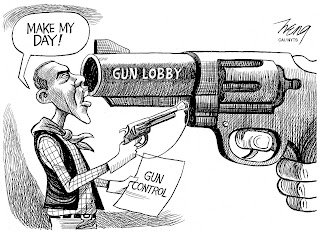A634.1.5.RB- The Train Dilemma: When no Choice is a Good One!
How shall we live, as individuals in the face of decisions about right versus wrong? How shall we
handle those occasions when none of the choices are attractive? Consider the following ethical dilemma and create a reflection blog regarding what you would do when having to make a choice in each train scenario. Justify your position and create a synopsis of your position and the implications.
The
right versus wrong question can't be simply answered correctly or incorrectly
because I think right and wrong are all situational based. Not only situational
but also focused around a culture, a pressure, a demand, or any other
influential variable. The understanding of the problem at hand can also be time
constrained, so a careful analysis of the problem and all influential variables
may not be even a viable option. Who knows how a person will react to a
stressful situation until they are immersed in it. It's very easy to sit back
on your couch and write about what you think you would do, and for most will
write that they'll take the high road. For me I know very well in-fact that I
do not always take the high road, and that the sketchy decisions I've made are
both right and wrong morally and ethically based on a multitude of
perspectives.
As
a Standards Officer I sit on a flight evaluation board every quarter and drill
aspiring commanders about decisions that they would make based on different
scenarios. I always ask them to ponder over each scenario and ask as many
question prior to giving me their answer and the variables they went through to
reach it. When dealing with impossible outcomes, some folks just revert to
doctrine because they think from a position of what a court martial would
think. If you stick to the doctrine and the outcome was profusely bad, at least
you have something to justify it with. Other's make decisions based on rationalizing
the outcome, though less concretely justifiable. That's what makes ethical
dilemmas so interesting because it's all about making the right wrong decision
based on what's being presented, how and when.
Again
it's easy to sit here and say what we would do just like the character
disclosed about being an ethics expert, but actually throw them on the trolley
and watch an analytical thinker work through an impulsive desiring situation
turned out to be a disaster. For amusement sake, I'll answer anyways!
To
kill one or five children
I
think the resounding answer to this question would be the obvious one over the
other five. I'd think to find another solution of trying to stop the train
before choosing to kill anyone (obviously). Justification is in the numbers of
death, and those who argue favor the Blackhawk down scenario. Many more were
killed in trying to rescue one captured pilot, or recovering the remains. How
many deaths justify further action? For me it all depends.
Kill
the old man or let the kids die
Again,
I think most people will say you push the man for which I would also agree
with, but in action many might cower away and remove themselves from the
situation altogether. Justification is that the man is old, lived a good life
and his family will rejoice in his passing that saved the lives of all the
kids. Who knows, maybe this old man was walking to a lab with the cure to all
human disease, and now we just killed him. There's always a flip side to every
coin.
My
singular child or the other five
It's
again easy to say that I would take the moral high ground and sacrifice my
child for the greater sake of the other five but in action I don't think I
could do it. Family preservation would take over I'm sure because I would
essentially be removing my family altogether if such a tragedy would strike.
Who knows what the issues could be with the other kids, maybe they were all
terminal? Again devil's advocacy could be played out to infinity. To the dismay
of the kids, the moral of the story is to teach your kids to not play on train
tracks or always have a disposable old man readily available to avert disaster!
LaFollette, H. (2006). The practice of ethics.
The Good Place (2020). The trolley problem [Video file]. Retrieved from https://www.youtube.com/watch?v=usdJgEwMinM




Comments
Post a Comment